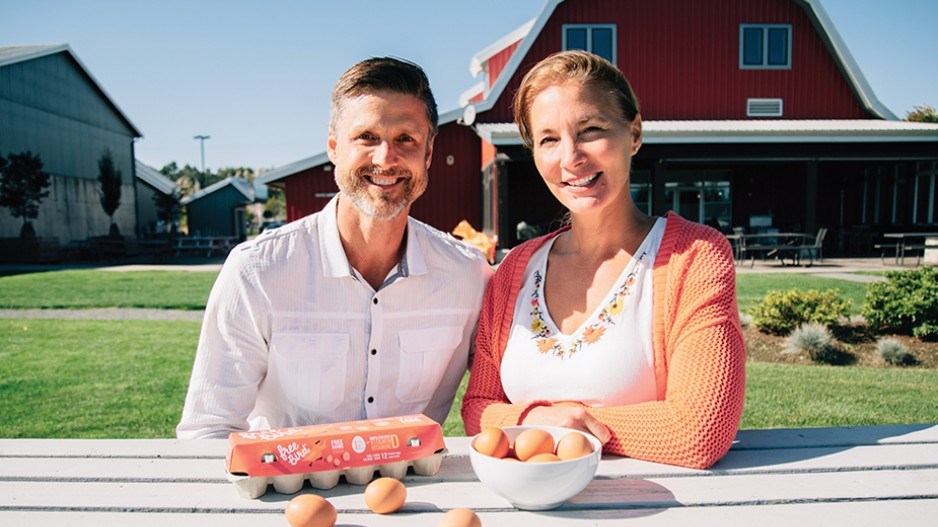Blue-chip companies might have big research and development budgets, but small businesses are often the main drivers of innovation, especially when it comes to creating green, ethical and socially responsible products.
Lindsay Meredith, professor emeritus of marketing at Simon Fraser University’s Beedie School of Business, regularly has his students engage with businesses in Metro Vancouver. Often these businesses are centred on providing products and services in a way that considers all stakeholders, including employees, the local community and the environment.
“There were a whole bunch of smaller companies going in these directions,” Meredith said. “They were doing it for an ethical reason, but, equally important, these guys realized there was a good potential market because the big guys weren’t doing it.”
Meredith explained that the companies were developing market niches by focusing on the ethical and stakeholder implications of their products and processes. By creating these niches, these small businesses could penetrate otherwise crowded markets.
One of these small businesses is Vitala Foods, an Abbotsford-based natural food company with 10 employees at its headquarters and more than 40 across its associated group of subsidiaries. Vitala has created its space in the market with innovations in food products and animal husbandry.
The niche Bill Vanderkooi, Vitala founder and partner, created for the company is not purely the result of effective branding. Having a free-range label helps with marketing Vitala’s products, but its benefits extend beyond satisfying customers.
“It is a win-win,” said Vanderkooi. “When you do take good care of the animals it’s a mutually beneficial outcome where, I think, the animals are more comfortable, they’re producing a higher-quality product and are potentially more productive, which is rewarding for both the animal and the farmer.”
That reward is evident in Vitala Foods’ Free Bird eggs, which the company says have nearly 800% more vitamin D than a typical egg.
The company also has a different approach to marketing.
While British Columbia’s agriculture industry focuses on calls to support the local economy and farmers, Vitala stresses the products themselves and the company’s treatment of farm animals.
However, Meredith warns that, while small businesses might be leading the way in developing niche markets, large companies are paying attention and are not far behind.
If larger industry players notice a new growing market, there is little that small firms can do to prevent them from inevitably moving into their space, Meredith said. However, it’s not always a bad thing when a smaller firm gets noticed by a big player.
“There is value to be had in this kind of a strategy,” Meredith said. “What you have to do is convince these accountants and finance guys that environmentalism pays off on the bottom line. E equals M: environmentalism equals money.”
While established corporations can create their own competing products and use their large capital and investor base to undercut small and local businesses, small entrepreneurs may be able to cash in on their innovation by selling to or merging with the larger companies.
Vanderkooi noted that in some cases the market could grow beyond the small business’ capacity. New players in the industry could then help meet that unmet demand, sparing small businesses from shortages and other operational problems.
Another potential path for a smaller company is to continue to innovate so that once a market niche develops and becomes more crowded, the firm can explore other niches. This has been Vitala’s strategy.
“We’re trying to be ahead of the curve,” Vanderkooi said, “and we’re quite cognizant of trends of consumer interests and needs.”




